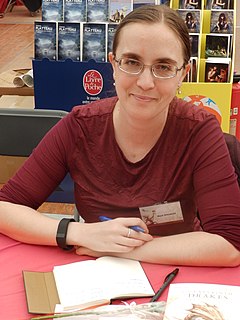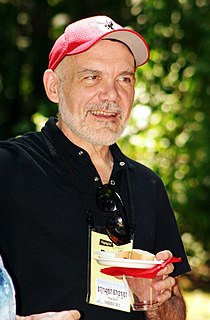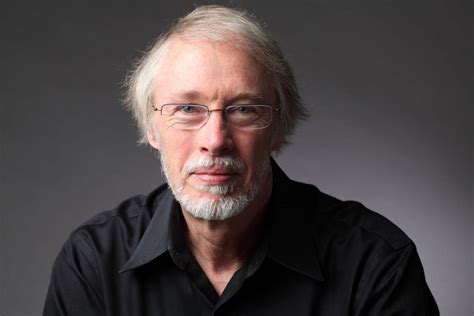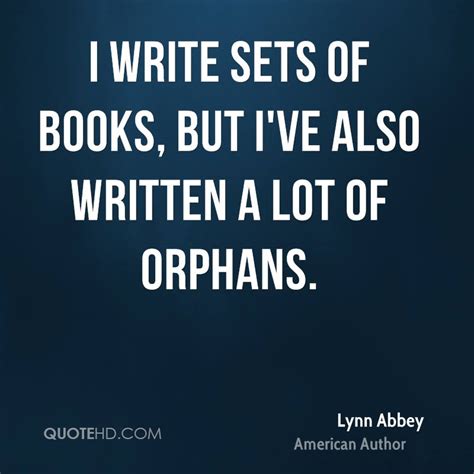A Quote by Marie Brennan
I'd love to see more novels and short stories where the characters have their own folklore that isn't the Plot-Bearing Prophecy of Doom.
Related Quotes
I'm one of those writers who started off writing novels and came to writing short stories later, partly because I didn't have the right ideas, partly because I think that short stories are more difficult. I think learning to write short stories also made me attracted toward a paring down of the novel form.
The earliest influence on me was the movies of the thirties when I was growing up. Those were stories. If you look at them now, you see the development of character and the twists of plot; but essentially they told stories. My mother didn't go to the movies because of a religious promise she made early in her life, and I used to go to movies and come home and tell her the plots of those old Warner Brothers/James Cagney movies, the old romantic love stories. Through these movies that had real characters, I absorbed drama, sense of pacing, and plot.
I once had an editor advise me, as I was revising one of my early novels, to add more characters. I played around with the idea. As soon as I'd decided a few fresh faces and give them something to do, I realized that what my editor had really asked for was more plot. Ding. More characters equals more action.
I love short stories. They're like small imploding universes. They are very tightly bound and controlled. I'd been wanting to write one for ages but just got tangled up in novels. The novel is the same in the sense that it is also a universe, but it explodes outwards with all that shrapnel going in several different directions. I don't see too much difference in the forms except for the fact that writing short stories is like sprinting rather than long-distance running.


































